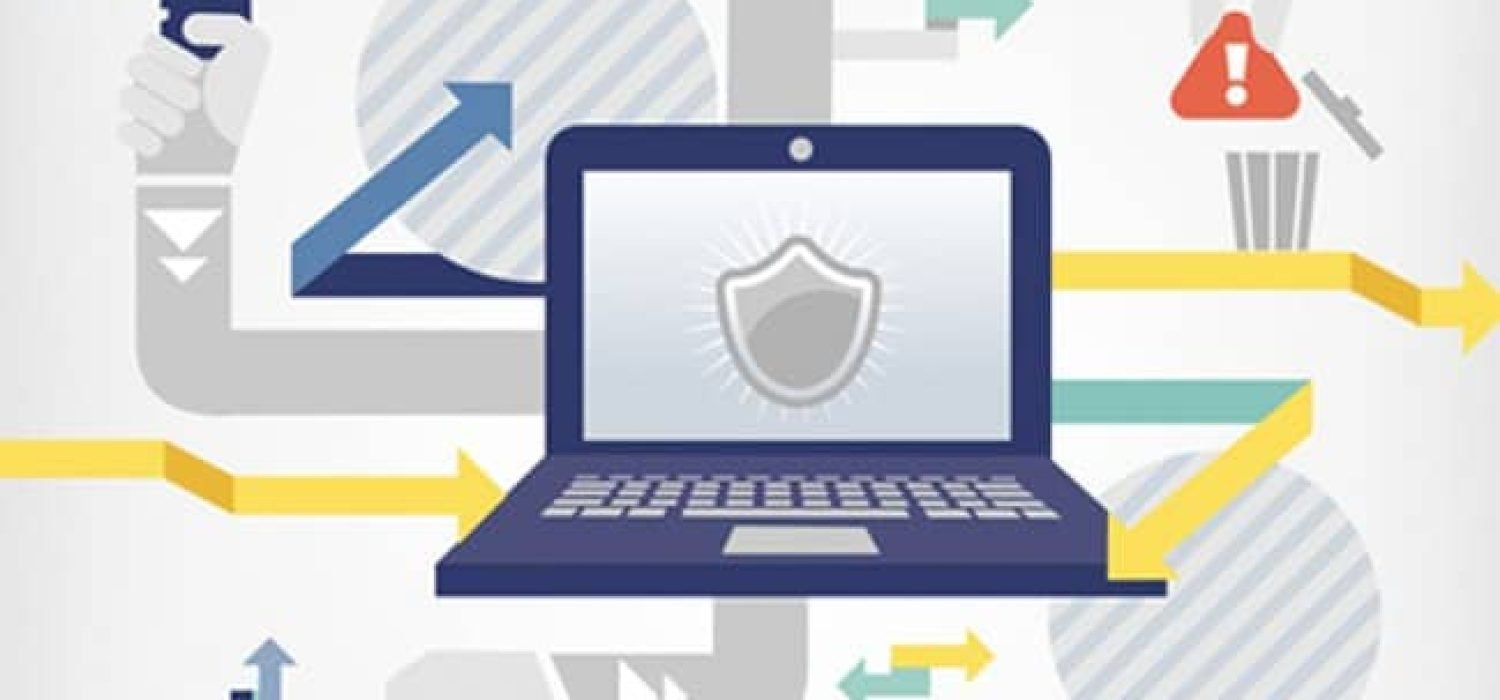No matter what eCommerce solution you’re using, as a website designer, integrator or e-commerce business, online data security is one of your greatest priorities. Cybercriminals want your customers’ private information, and most consumers don’t take proper steps to protect themselves. For example, a CreditDonkey survey found that more than 68 percent of consumers use the same password for multiple sites.
As such, you must be vigilant in protecting your customer data, so you don’t endanger their sensitive data while it is in your care. Here’s a look at just a few ways you can build a more secure eCommerce experience for you and for your customers.
PCI Compliancy
Choosing a safe and secure e-commerce platform is the first step to protecting your customer data. Your chosen e-commerce platform should be compliant with the Payment Card Industry’s Data Security Standards, or PCI DSS, and be taking all necessary steps to protect consumer payment information.
When choosing an e-commerce platform be sure to do your research, because not all platforms are created equal – for example, AddedBytes points out that osCommerce has a history of security issues, whereas Magneto suffers from much fewer exploits and is fully PCI compliant. When you choose the right platform, you build a foundation of security. paGO Commerce provides better security and better compliance all together making it the best choice.
Furthermore, you should utilize strong Secure Sockets Layer (SSL) authentication for data protection, and always encrypt any data in transmission. We recommend integrating an SSL security seal into your website to let your customers know you are protecting their vital data and personal information.
Keep up to Date
Regularly test your site’s security and keep up to date with all of your eCommerce security updates, website extension updates, whether you’re using Joomla, or another CMS for your website. Keeping yourself up to date in changes and trends in the data security world isn’t that hard – identity theft protection provider Lifelock maintains an active security resource center, as well as an informative Twitter account you can use to contribute to the conversation.
Testing your site is a little more complex, and requires several different tests. First, regularly scan your site from the customer facing interface, to ensure that cybercriminals have not introduced malware or other viruses into your site through third party embeds.
Secondly, from the Admin-facing side (as a store owner or website developer), be sure to install security apps for websites that help identify site vulnerabilities. If you’re using Joomla, Drupal or WordPress as the platform for your eCommerce cart installation, it is rather easy to locate a high quality solution in the Joomla Extension Directory, Drupal Module Directory, or WordPress Plugin Directory, respectively.
Thirdly, strongly consider hiring a cybersecurity consultant to identify weaknesses in your entire site’s code and its related extensions, as well as your server, your communication and processing methods, and all of your eCommerce-related practices. Don’t ever assume that you not having been hacked yet means that your site is secure.
Educate Your Customers
One of the best ways to protect your customers’ data is to give them the tools and knowledge to protect themselves. Be open and transparent about your site and customer service personnel. Let your customers know exactly what an email from your company will and won’t ask for and educate them about phishing.
Respond to complaints and customer questions quickly so that cybercriminals do not have time to impersonate your business and target your desperate consumers. Let customers know about the steps you take to protect their data and help them to understand why these steps are so valuable and important. Not only will they come to respect your dedication to their security, they’ll also come to question your competitors who are less vigilant.
Sometimes, It’s Not Your Code That’s Getting “Hacked”
Hack attacks get headlines. That’s one reason they happen. But more often than you’d expect, when you learn about government sites or major retailers being “hacked,” after the headlines subside, the back story reveals that many times, data breaches don’t occur in the eCommerce cart’s code at all. It happens because on the procedural side.
So remember to protect your customers and your own data in all your daily business practices. Change passwords often, don’t allow cameras near your points of sale, never share secure information via unauthorized channels. You can have the best cybersecurity solution in the world protecting your website and eCommerce cart, but lose your data in an instant by forgetting to change the password when a key employee makes a career change, or sharing your site’s password with your co-worker while talking on the phone in a crowded public place.
Your Business Is On the Line
Obviously by now, you’re questioning the cost outlay to provide responsible eCommerce data protection procedures and policies. That’s a healthy consideration, because investing in proper processes and preventive measures is part of the cost of doing business today, whether your eCommerce solution is for commercial business, a non-profit membership center, a government taxing body or even a personal charitable fundraising drive. It’s all about risk, and balance.
Many people who set up their own eCommerce cart don’t consider the consequences and liability of not doing their best to protect their customers’ data safety. Smart security, preventive measures, best practices and data protection will go a long way toward building a healthy relationship with customers, suppliers, vendors and all participants in your business ecosystem.
In the modern age of social media, a data breach of customer information can be a deathblow to your brand as users share their negative stories. Maintaining good security measures and educating customers isn’t just good for your data security, it’s good for your marketing department too.





